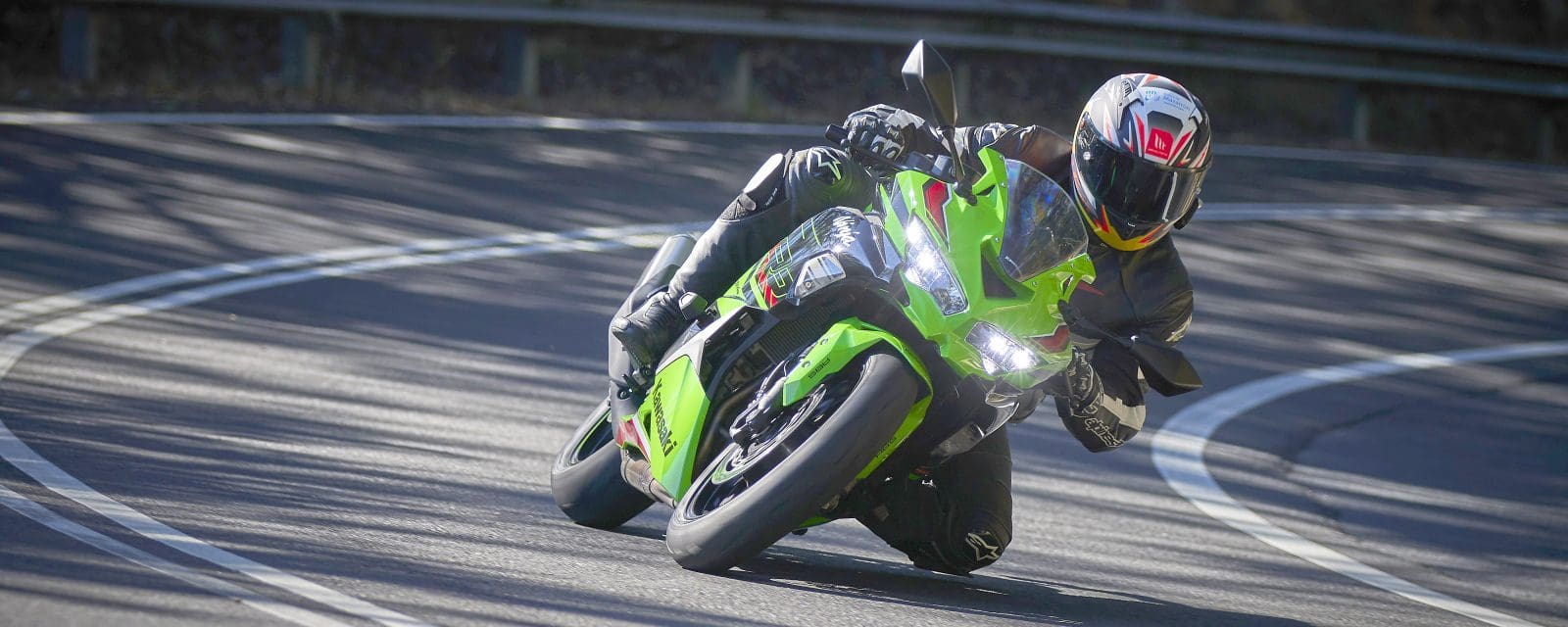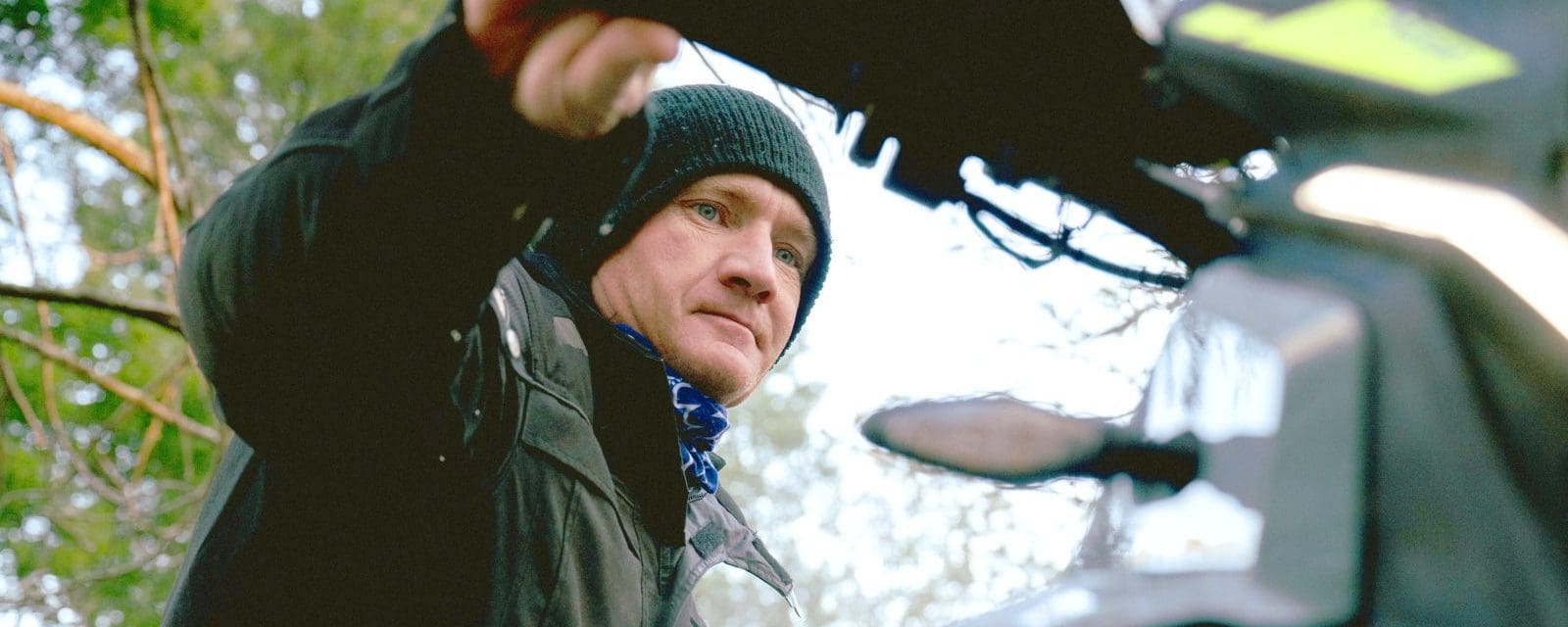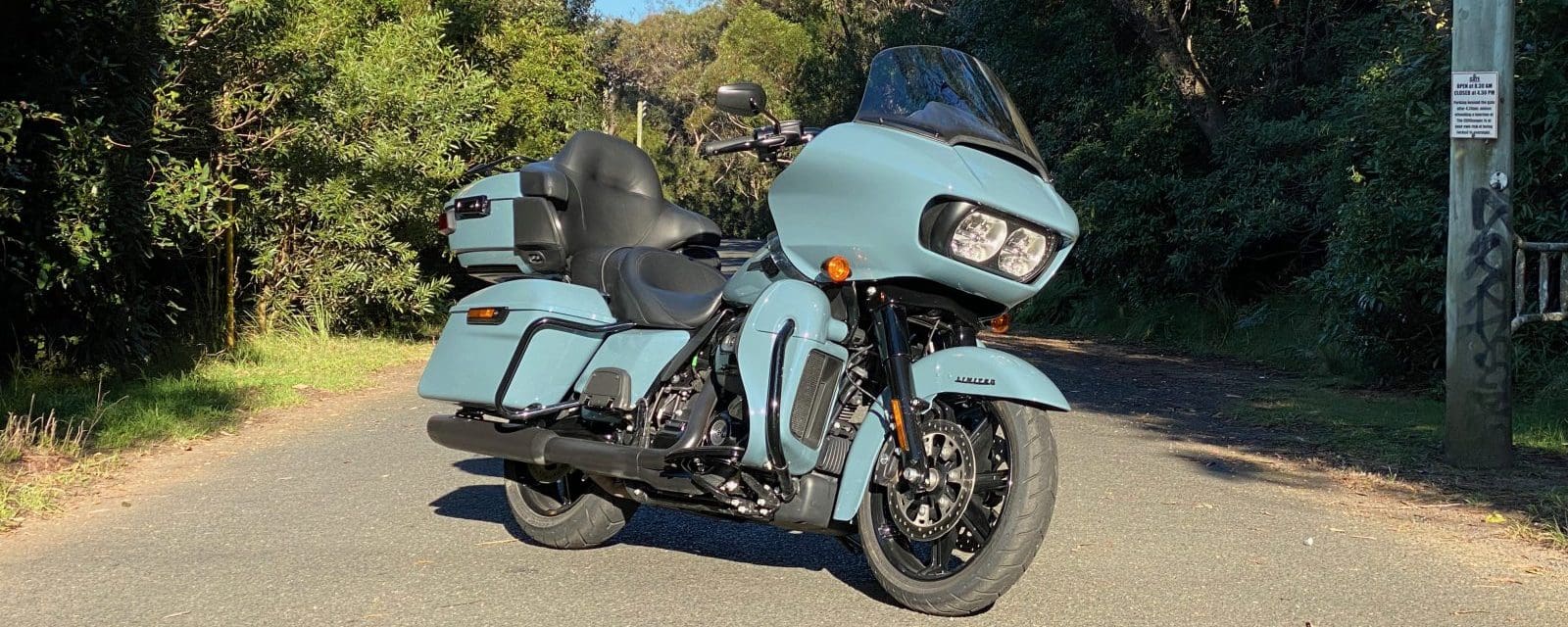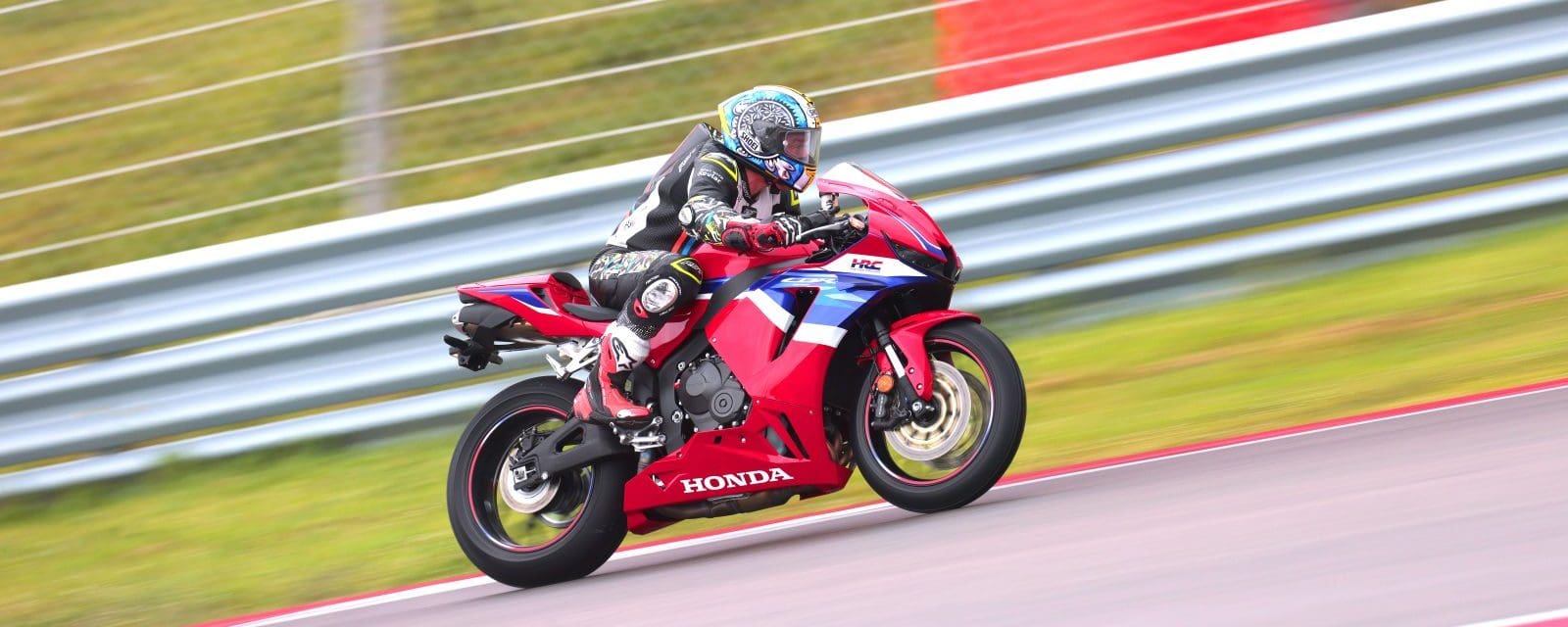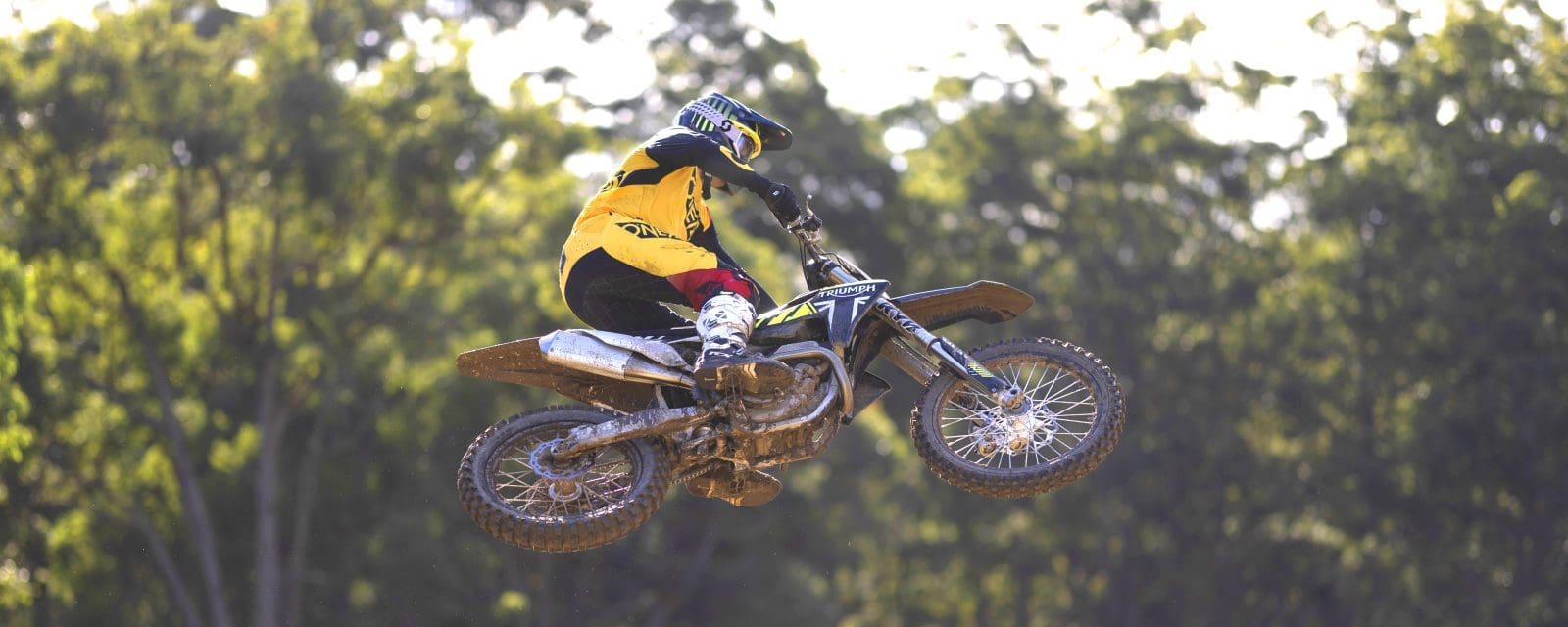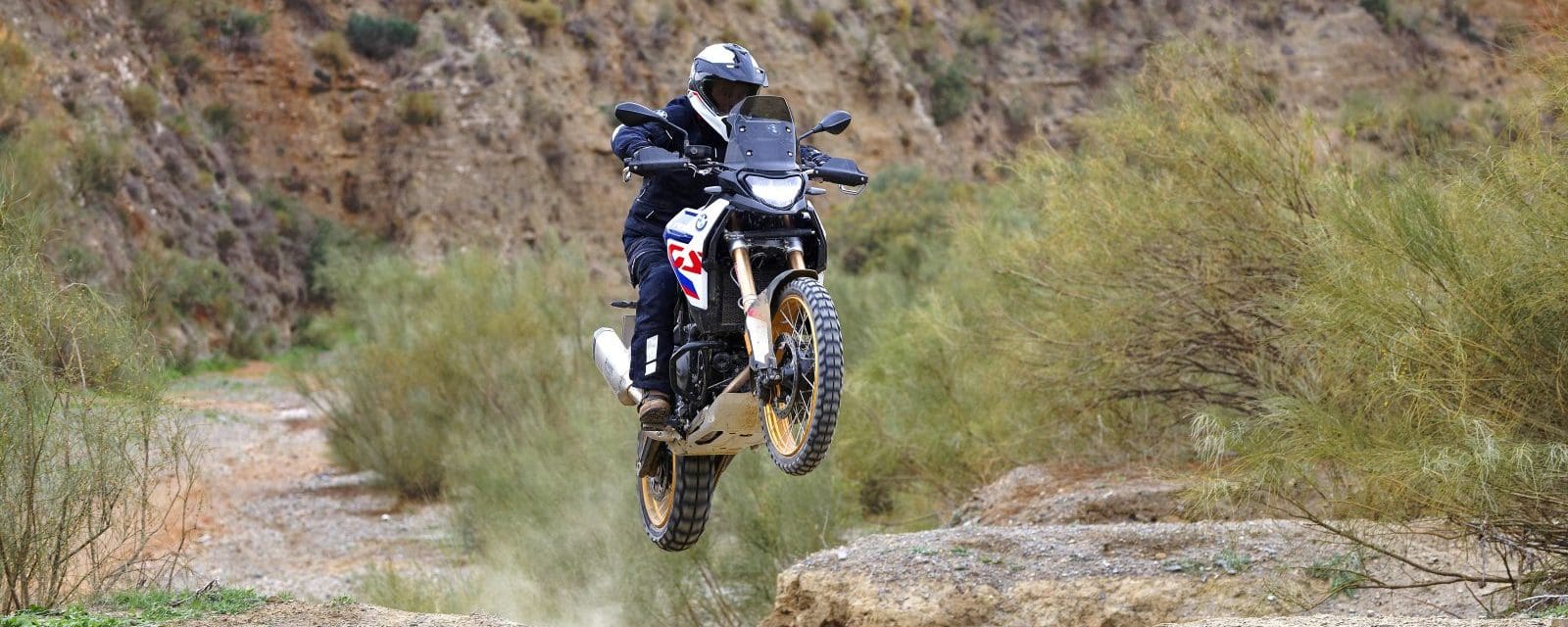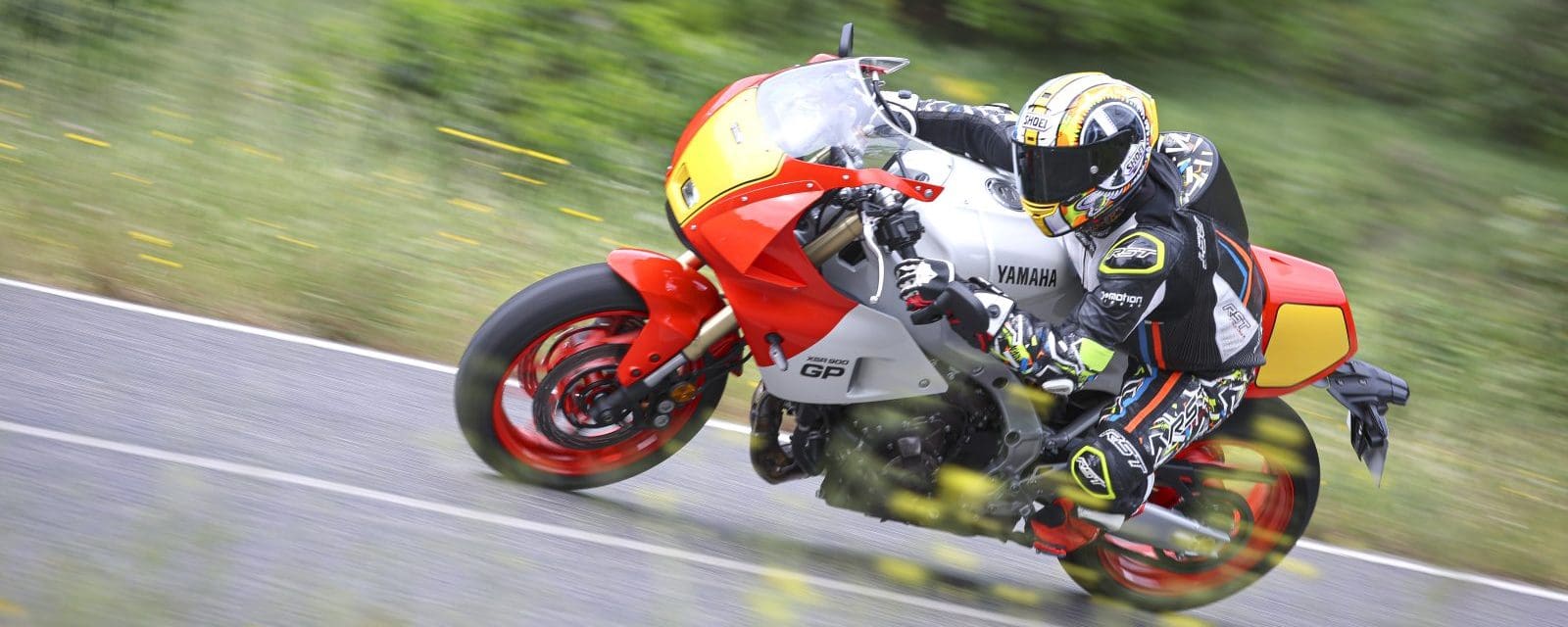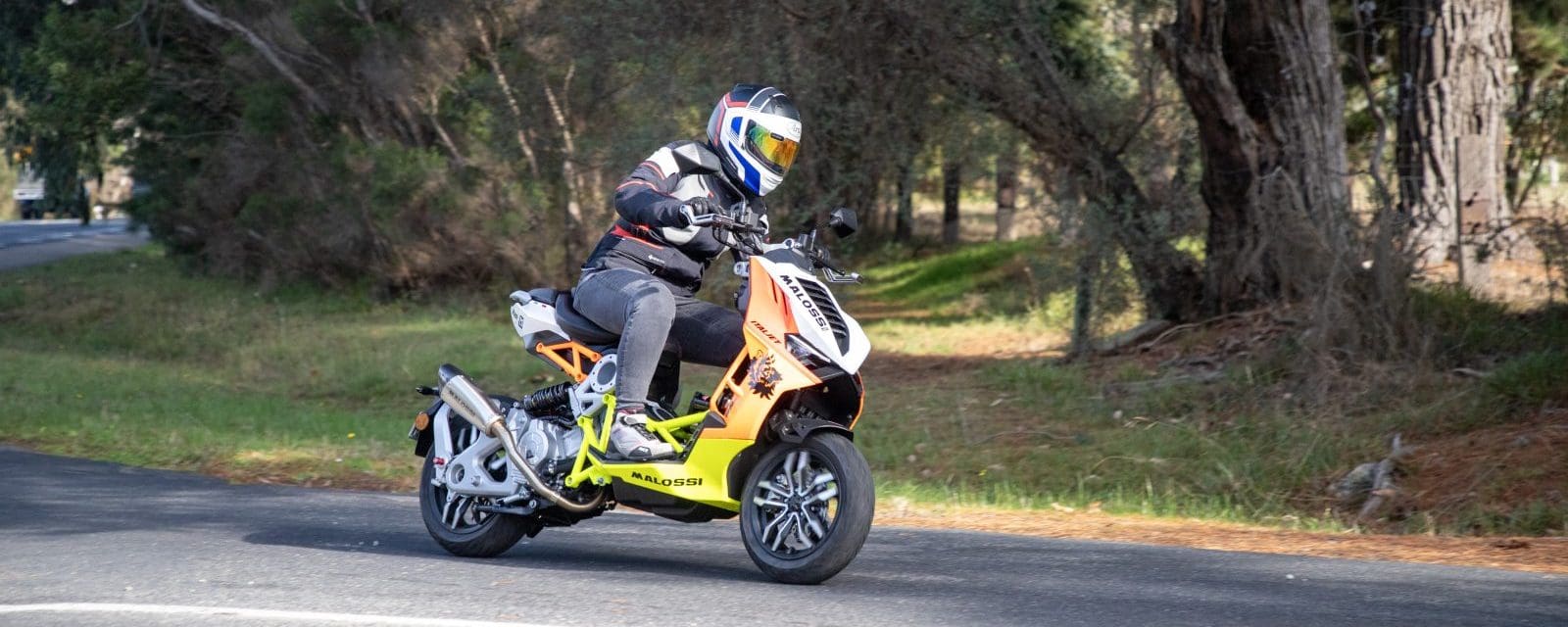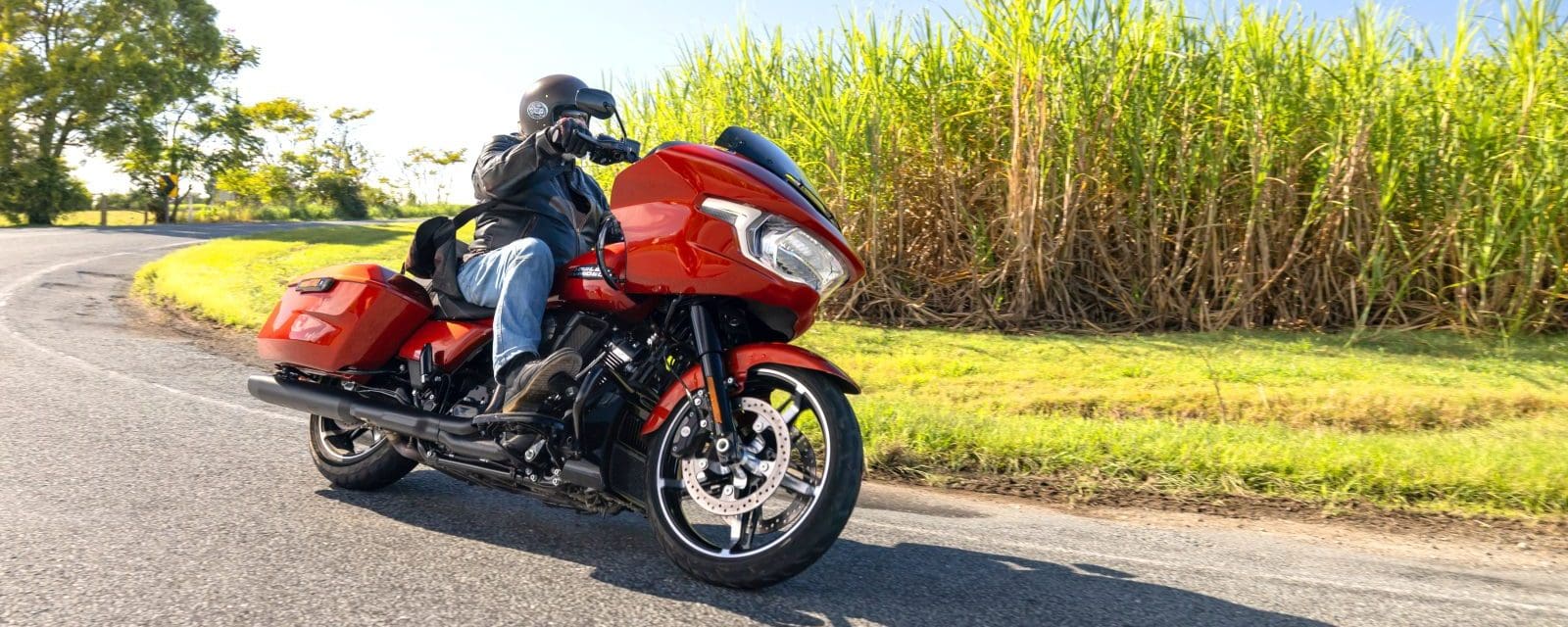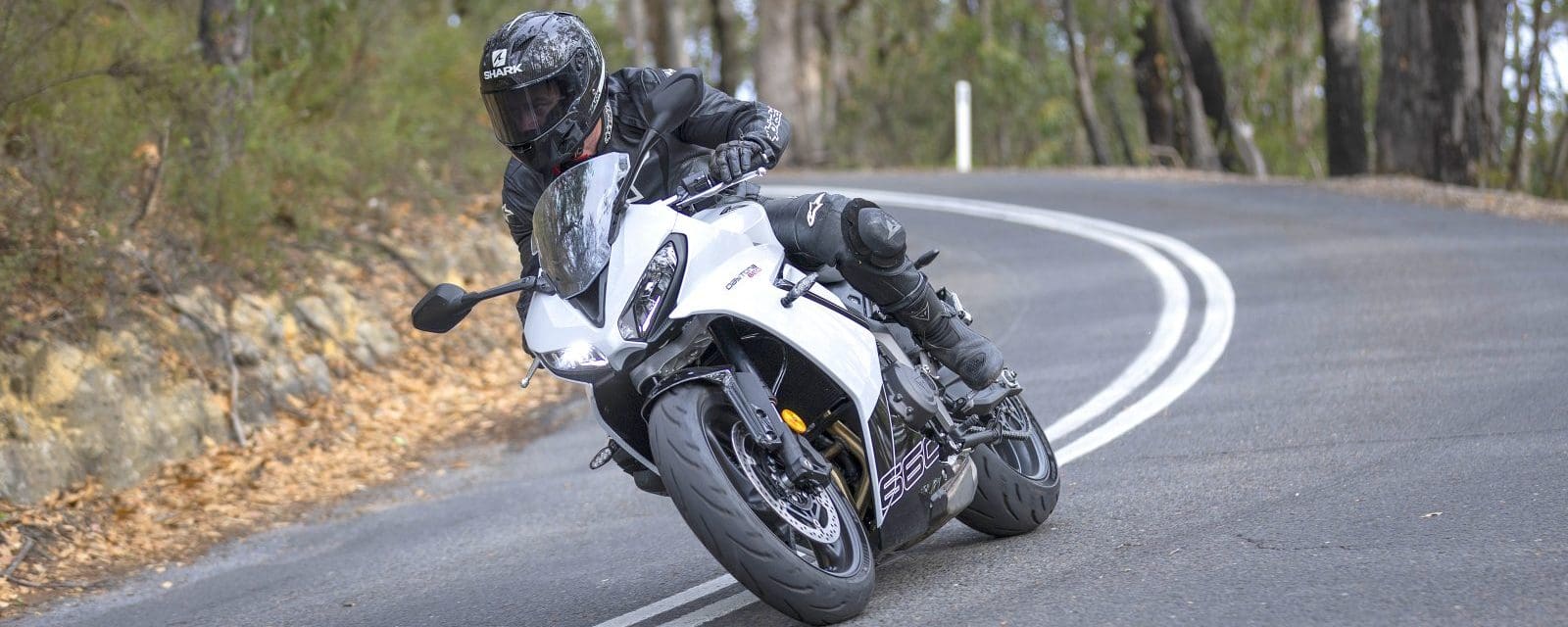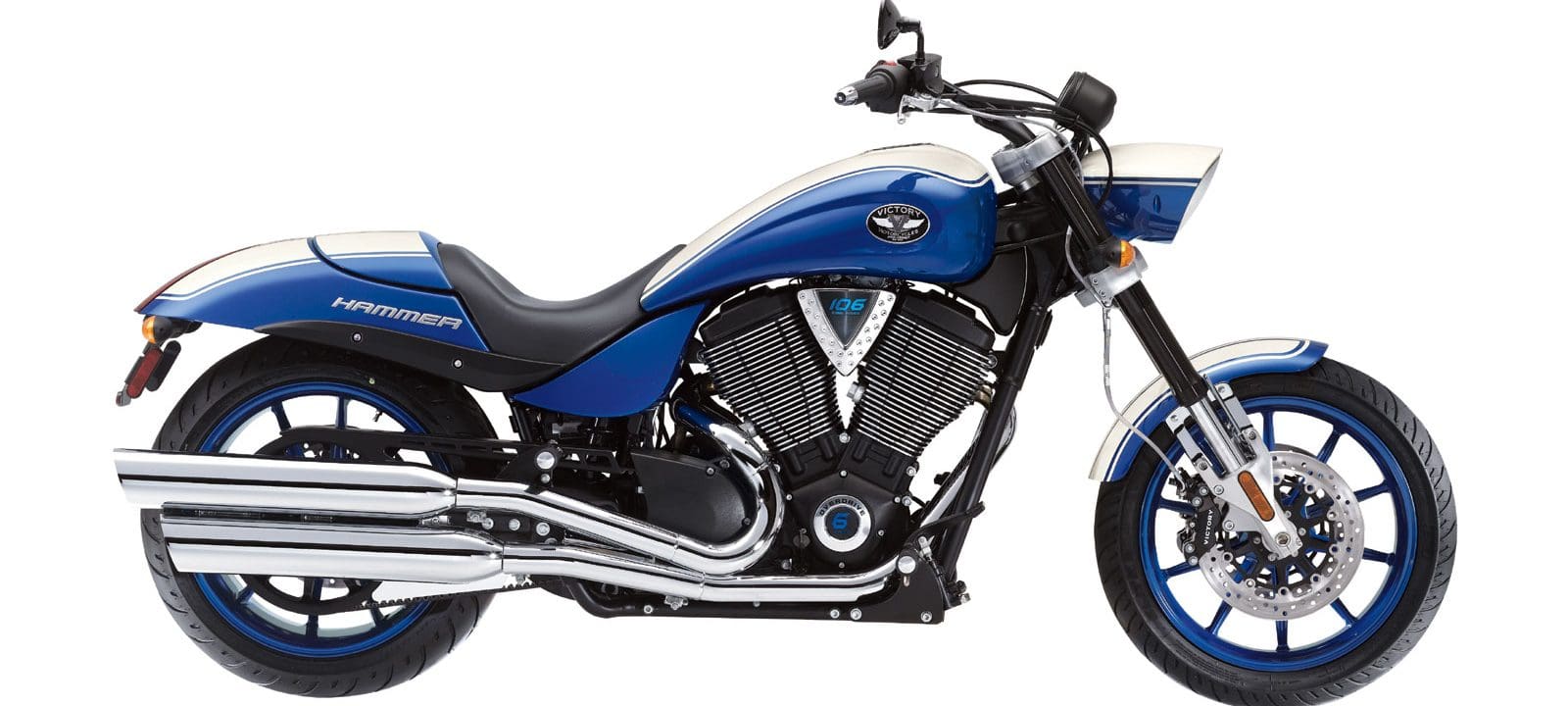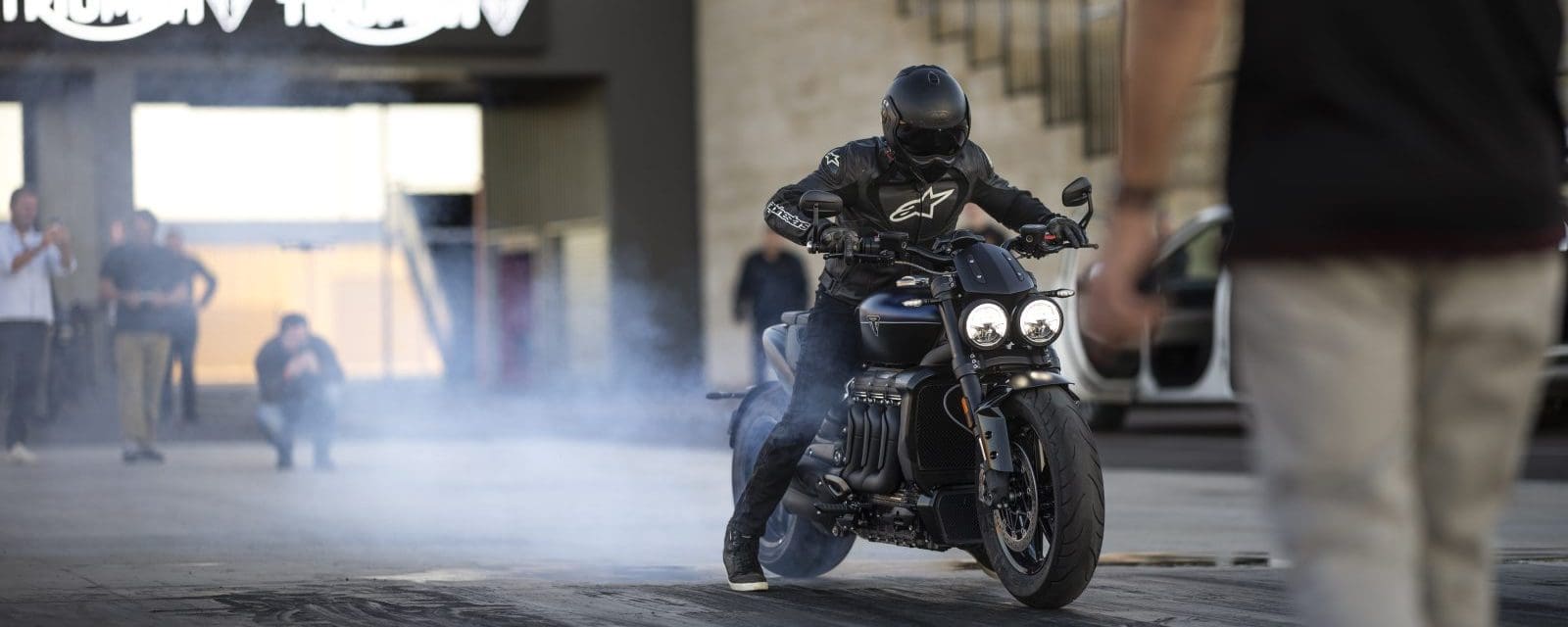KTM obviously thumbs its nose at any suggestion that the concept of ‘sticking to your knitting’ is worth a tinker’s cuss.
The Austrian brand, which was synonymous with high-performing dirt bikes not so long ago, has been steadily diversifying in recent years, producing a successful range of road bikes, growing its MotoGP involvement, and even producing an ultra-light and super-potent four-wheeler called the X-Bow.
This 990 Super Duke is a worthy representative of KTM’s roadbike line-up, one that demonstrates how successfully it has managed the transition to a new motorcycle category.
Getting a proper handle on where the Super Duke sits in the overall scheme of things is a bit of a challenge. Okay, the familiar angular orange bodywork makes it clear it’s a KTM, and its aggressive, in-your-face, naked looks are a good fit in the streetfighter class. There’s also a touch of super motard in the stance, and that Euro performance-bike trademark, the welded chrome-moly lattice frame (in this case beautifully welded) is another part of its identity. Then there’s the potent LC8 75-degree V-twin engine that’s slung low in the chassis.
Boil all this down and I’m prepared to label the 990 Super Duke as more a ‘naked-superbike’ than a streetfighter or super motard.
The release of the Super Duke was effectively a pioneering move by KTM into a brand-new category.
The 999cc, liquid-cooled, fuel-injected motor produces about 89kW (120hp), which is delivered via a six-speed gearbox to the chain final drive. It rides on extended-travel, top-quality, fully adjustable WP suspension that controls light Marchesini wheels. Braking is provided by Brembo radial-mount calipers on twin 320mm discs at the front and a single 240mm disc at the rear with Brembo caliper. Seat height on this lithe but muscular 186kg (dry) package is 850mm. Instrumentation comprises an analogue tacho paired with an easy-to-read digi speedo.
Once you’re underway, the Super Duke’s wide and tapered alloy handlebars give you a sense of real authority. The clutch can be a bit grabby when cold – added to the ‘touchy’ throttle response at low speeds and the engine’s low-inertia flywheel set-up, it requires a bit of concentration to keep things smooth during gentle take-offs – but the flip-side of that coin is the promise of rapid acceleration when you launch in earnest.
Another low-speed issue is a restricted steering lock, which can make tight, walking-pace manoeuvres a challenge. However, once you escape the urban jungle to where you can try rapid starts on suitable stretches of road, the Super Duke turns feral and flies – with arm-stretching rapidity…
You need to get your weight over the front wheel to keep it near the deck in the first few gears. Fuelling that was a bit ‘ropey’ in slow city traffic is suddenly perfect in these conditions.
The big V-twin howls like an angry animal. The gearshift is slick. The Brembos are wickedly powerful with good feedback, and the firm WP suspension is excellent.
The Super Duke tips into turns obediently and cuts arcs through bends as cleanly and steadily as a surgeon’s scalpel. The chassis laughs at mid-corner surface irregularities that would throw conventional sportsbikes offline.
Words such as restraint, delay, lag and inertia are not in the Super Duke’s lexicon. It’s an instant-gratification machine.
Perhaps unsurprisingly, it’s not a winner for pillion passenger comfort or in the fuel economy stakes. The safe touring range from its 18.5-litre tank is short of 200km – but, hey, it makes good use of the fossil fuel it slurps.
This Brand Orange offering is a top weekend scratcher that would hold its own on track days while also performing commuting duties capably, if not altogether willingly.
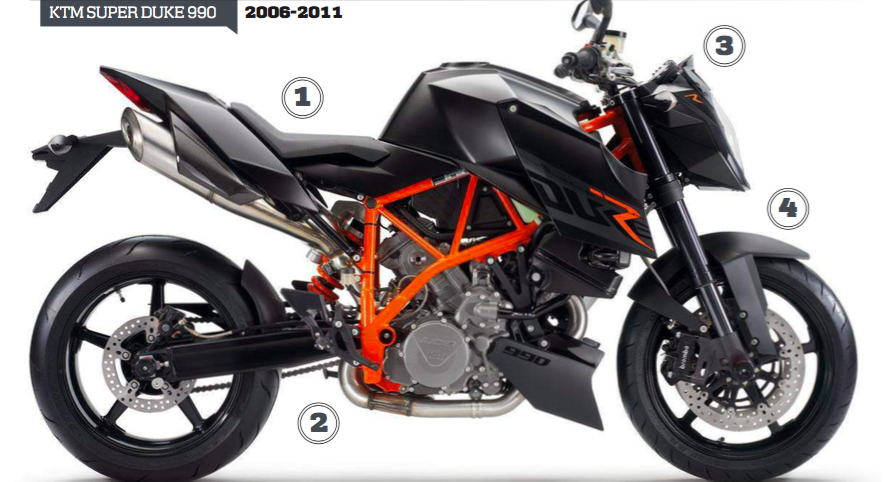
2. The litre motor sounds wonderful and is so awesome you won’t care about how thirsty it is
3. KTM’s reputation was built on top-class engineering and this bike is no exception
4. Brembo brakes provide good feel as well as incredible stopping power
The low-down
WHAT TO LOOK FOR
Given that a Super Duke won’t have been bought by a little old lady to be exclusively ridden to church on Sunday, give it a thorough going over for signs of crash damage and prematurely worn steering-head bearings from too many awkwardly executed wheelies.
Then have a look for water-pump leaks, warped discs and clutch slave-cylinder leaks. Also check for worn consumables such as brake pads, chain and sprockets.
The ideal buy will be a well looked after example with low kays and good service records.
SERVICE HISTORY
Working on a well-engineered bike like the Super Duke can be a pleasing and satisfying experience. Access is good for basic servicing. Oil and filter changes, at 7500km intervals, are fairly easy work for DIY owners.
Valve clearance checks every 15,000km require camshafts to be removed if shims need changing. Getting the air out of the cooling system after a refill can be a surprisingly demanding task.
Any electronic engine-management or fuel-injection issues are best dealt with by experienced technicians with specialist equipment.
Building Bricks
Here are the bikes that mark the evolution of the Super Duke 990
KTM Duke 620
1994 – The Duke 620 was powered by a liquid-cooled LC4 single-cylinder engine and took KTM to the streets aggressively and impressively.
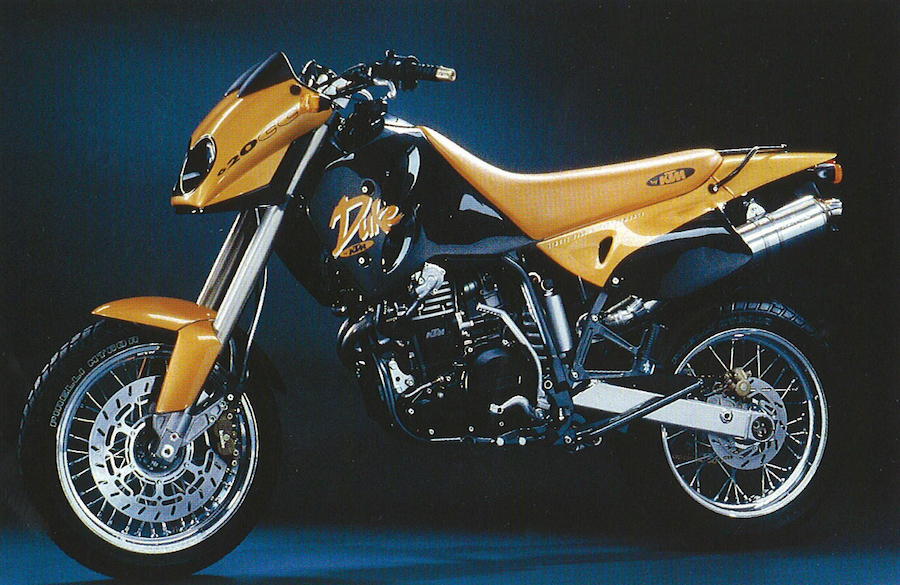
KTM Duke II 640
1999 – The Duke II 640 delivered stronger performance in a more rider-friendly manner thanks to the fatter torque curve of its new 625cc engine.
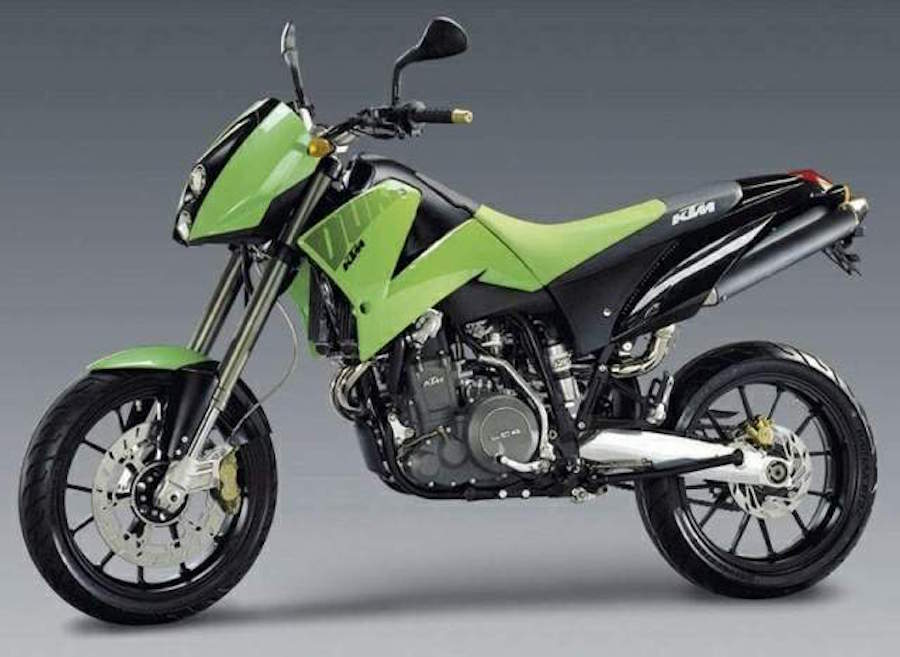
KTM Adventure 950
2003 – An all-new 75-degree LC8 V-twin engine in the equally new Adventure 950 provided the template for the Super Duke 990’s larger version.
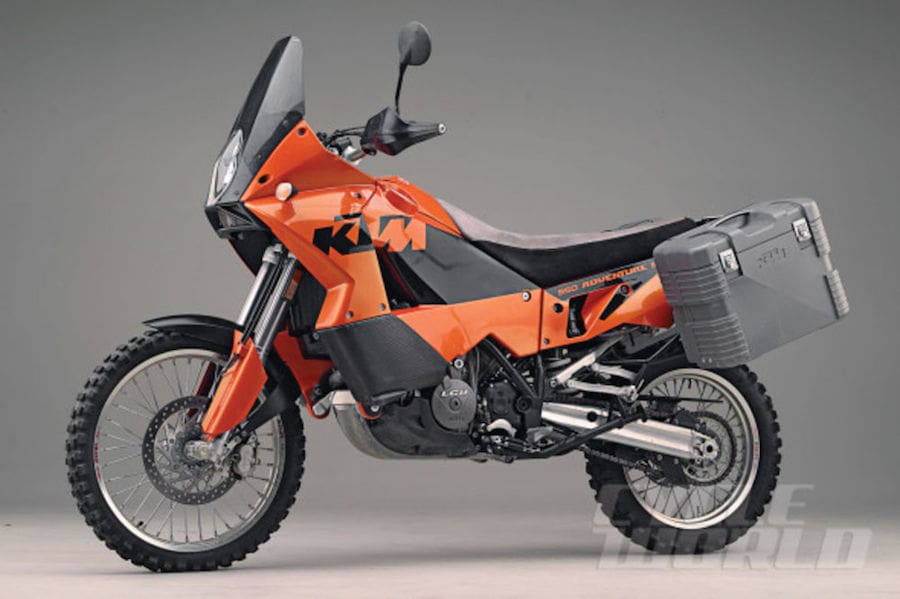
Price Guide
New Price
$19,990 (2006)
$20,995 (2011)
Second-Hand
$7800– $13,000
WORDS ROB BLACKBOURN
PHOTOGRAPHY AMCN ARCHIVES
